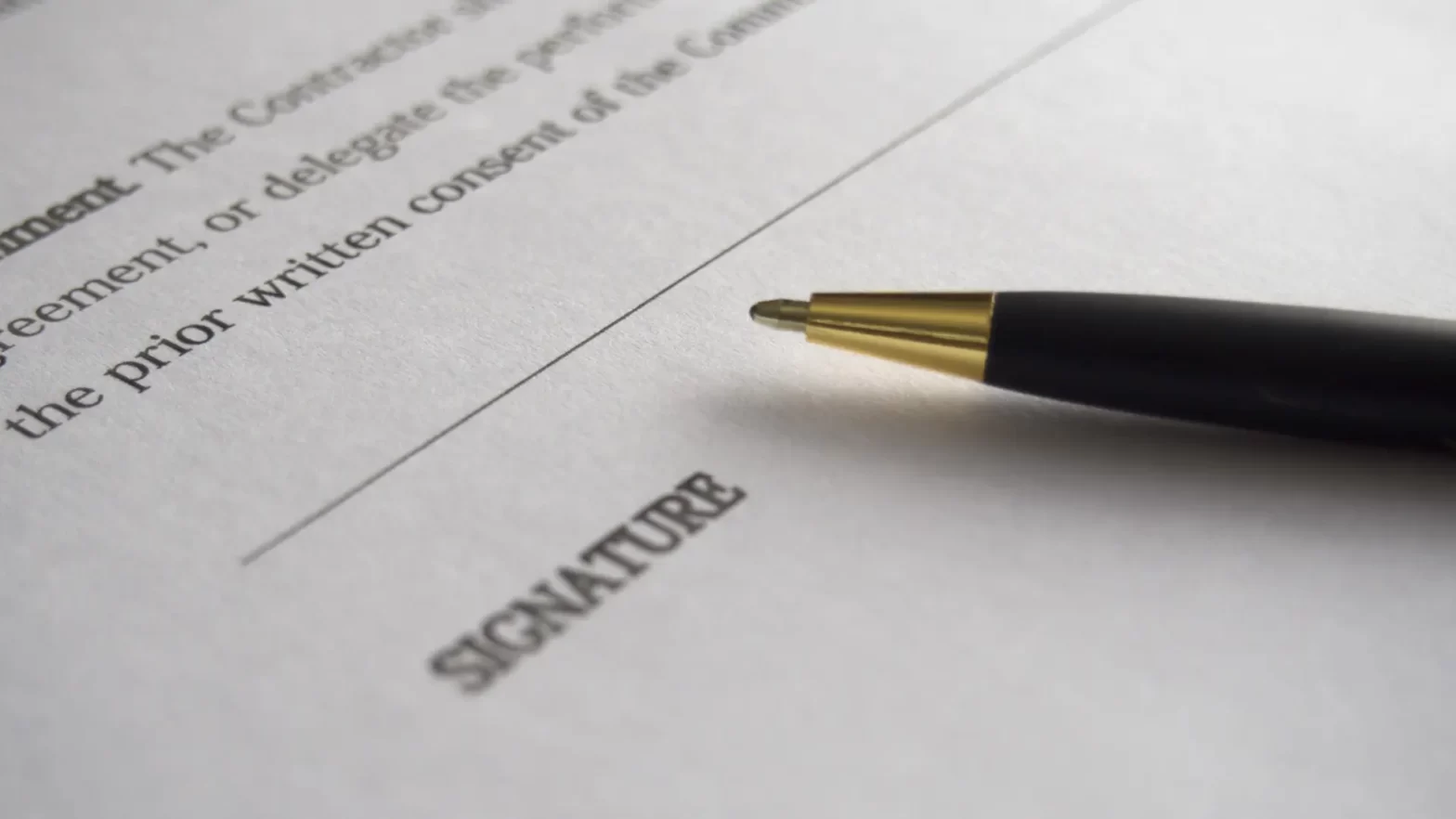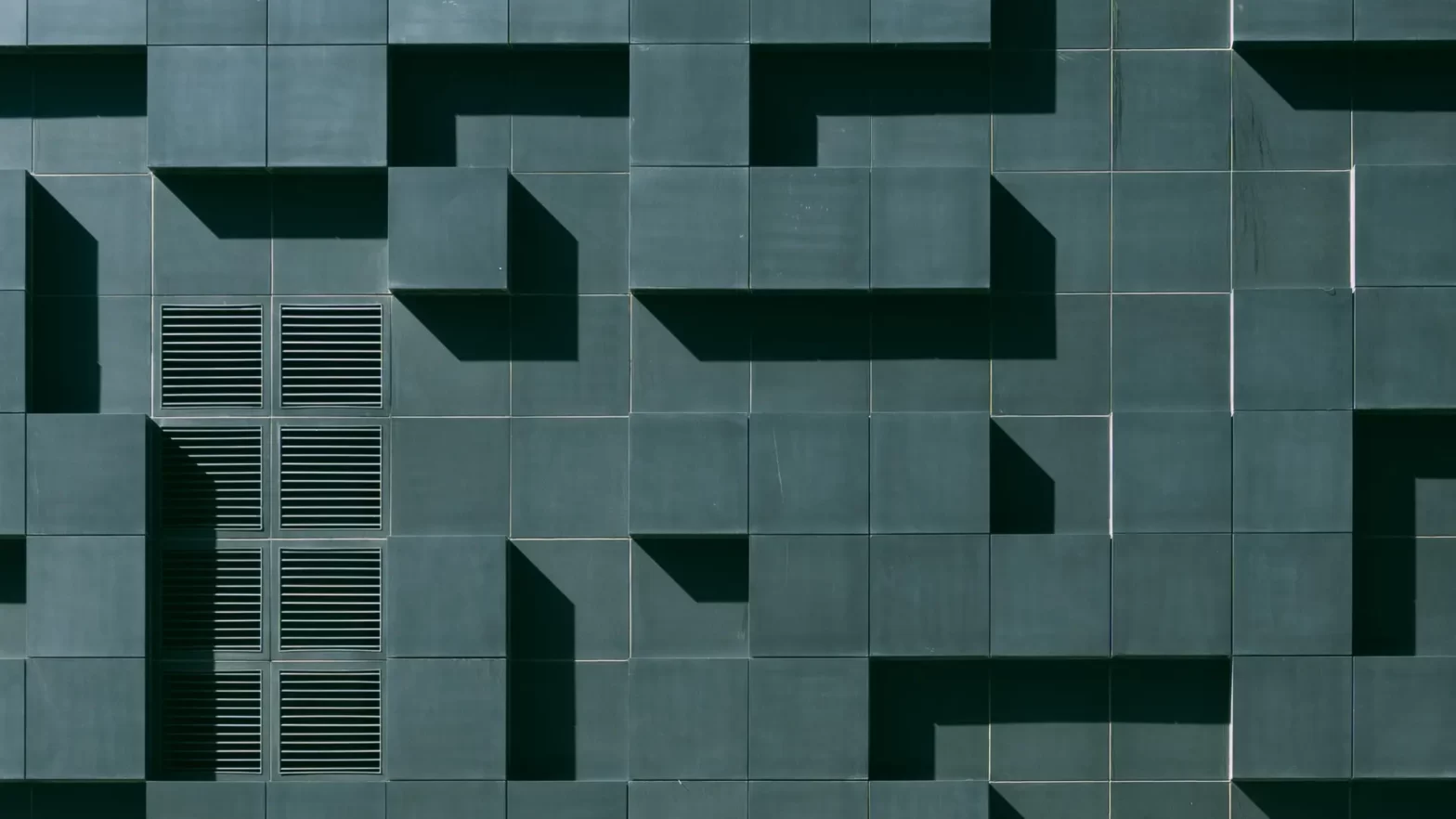Wills and Probate
There are basically a lot of misunderstandings among people when it comes to the concept of a ‘Will’. Several questions come to one’s mind regarding the ‘Will’ such as who should make a Will, when it should be made, how to make a ‘Will’, whether to make a ‘Will’ at all or not etc.
It is relevant to note that you and you alone have all the freedom and every right to make plans about your wealth, property and estate. You do not require anybody’s consent or permission to do this. You should take special note of the fact that nobody can violate the rules or framework you have laid down for disposal of your wealth, property or estate. It doesn’t matter whether your property is movable or immovable, whether it lies in India or abroad. However, if we do not avail of this right, then your wealth shall be divided and distributed as per the Hindu Succession Act, 1956. However, the wealth of the persons who are Muslims, Parsis, Christians or Jews by religion is divided and distributed as per the different customs and rules set for that particular religion.
Before proceeding any further & adopting the specimen format, it is advisable that you must seek a Lawyer’s advice on this subject as the gravity of this document is quite remarkable.
Important points:- Will is a legal document declaring a person’s wishes regarding the disposal of his property to take effect after his death.
- A Will is required to be in written form. Oral wish is not entertained by the law since it cannot be implemented legally.
- Although it is not necessary to write this document on a stamp paper, it is advisable to write it on a ledger paper (green colour sheets used for Agreements).
- It is also not binding to register the Will document with Sub-Registrar of Assurances.
- Both, the registered or non-registered Will documents hold equal value from legal point of view.
- The document should contain clear mention to the effect that the said Will is your final or Last Will and that you have not made any Will prior to this and that if you have made any will prior, then you are thereby cancelling the same along with its Codicils, if any.
- In case two Will documents do exist at one and the same time, then, the one which is signed last –both by Date & Time is held to prevail and would be acted upon by ignoring the one singed earlier in point of time.
- In order to avoid any sort of confusion, it is recommended that one should keep ONLY one will document at a given point of time. Once a new Will is made, executed by the testator /testatrix, care may be taken to destroy, burn or cut to pieces the previous Will as well as codicils (a supplement to a will intended to alter an already executed will) , if any.

Advocates, Arbitration Lawyers, Consulting Lawyers and IPR Attorneys
Useful Links
17/2 & 3, Parvati Niwas, Juhu Village, First Floor, Sector – 11, Vashi, Navi Mumbai – 400703
@ E-mail:email@fireflieslegal.com
@ (M): 8286000868
@ (O): 7400236789/ 7208790701/ 7208790702/ 7208790703/ 7208790705



